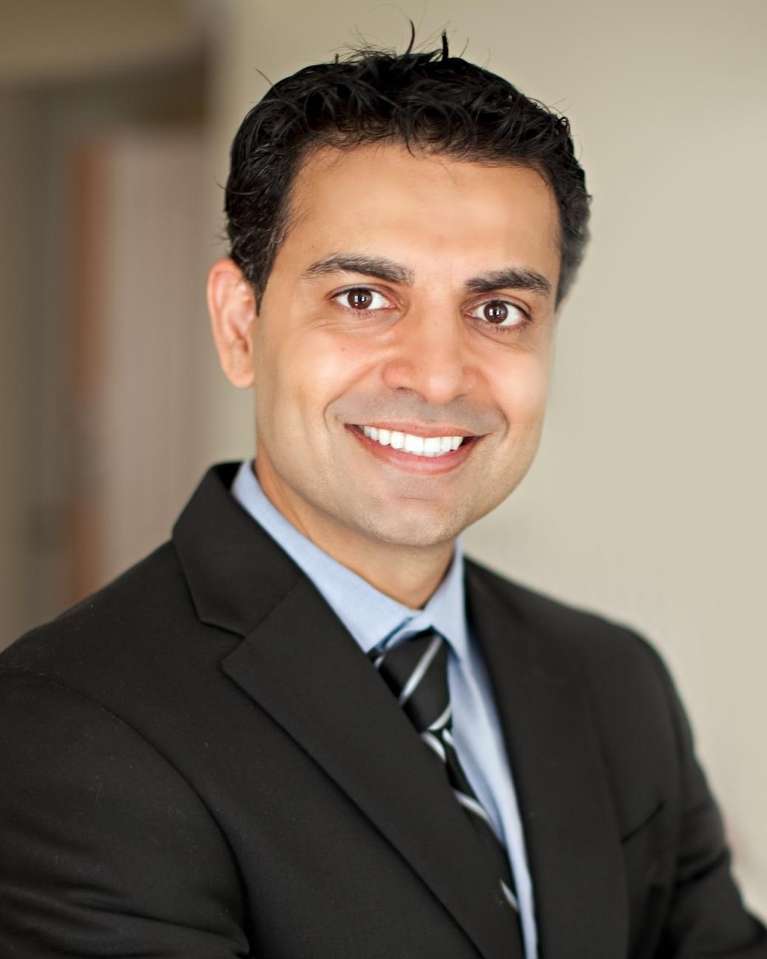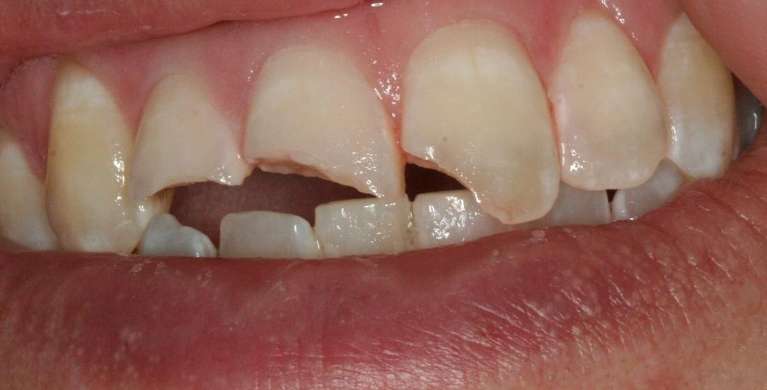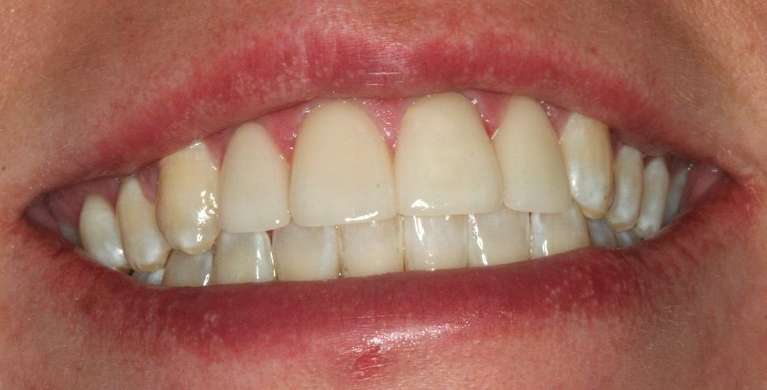
Extractions and Broken Teeth in Burke, VA
We know that the idea of getting a tooth pulled isn't exactly a pleasant thought. At Burke Dental Center, Dr. Khan never takes the idea of an extraction lightly. After all, we are in the business of saving teeth! Sometimes, however, tooth extraction is necessary to protect your oral health. If the need arises, we are here to provide stress-free extractions and effective tooth replacement options when appropriate.
Meet Our Dentist:

Dr. Nabeel Khan
Dr. Nabeel Khan has been voted "Top Dentist" in the Washingtonian, Virginia Living, and Northern Virginia Magazine, accolades awarded by the respect of colleagues and patient satisfaction surveys. He studied dentistry at the Medical College of Virginia, where he completed his dental school requirements in three years while simultaneously working part-time in the hotel industry, completing an externship at a pediatric dentist's office, and volunteering at the Northern Virginia Dental Clinic in Falls Church.
Dr. Khan believes it is vital to keep up with new and advanced dental technology to provide his patients with ...
Why You Might Need a Tooth Extraction

Crowding Issues—Your mouth might be a bit too cozy and bump up against each other. If your teeth are crowded, it can cause alignment problems. Removing a tooth can give others room to spread out naturally or make space for orthodontic treatment.
Broken teeth—A broken tooth can often be restored with a dental crown, but when a tooth is severely damaged or broken at the gumline, sometimes extraction becomes necessary.
Infection Risk—Got a tooth that's severely decayed or infected? If it can't be saved with a filling or a crown, taking it out might be the best way to prevent the infection from spreading.
Risk of Gum Disease—Sometimes, teeth that are hard to clean (like wisdom teeth) can increase your risk for gum disease. If they're causing trouble, it might be time to say goodbye to them.
After an Accident—Had an accident or sports mishap? If a tooth is badly damaged and can't be repaired, removing it might be the safest bet. Wearing a mouthguard for sports can significantly reduce this risk.
Impacted Wisdom Teeth—Those wisdom teeth at the back? If they don't have enough room to emerge or grow properly, they can cause pain, infection, or other dental problems.
Orthodontic Need—Are you getting ready for braces or Invisalign®? Sometimes, removing teeth is necessary to allow the others to move into alignment.
Stubborn Baby Teeth—Sometimes, baby teeth hold on and refuse to fall out naturally. Dr. Khan can help ease them out to make room for permanent teeth.
Preparing for Dentures—Sometimes opting for full dentures is the better option for patients. In that case, removing any remaining teeth is necessary before treatment.
We always make sure the entire area is numb before beginning any procedure. While you may feel a little pressure, you should not feel pain. If you want some help relaxing, we offer nitrous oxide sedation to calm any nervousness.
Dr. Khan will provide detailed aftercare instructions and arrange a follow-up visit to monitor healing. If you have any post-procedure discomfort, it can typically be managed with over-the-counter medications approved by your doctor.
Dr. Khan and staff set the standard for what dental care should be!

I’ve been a patient of Dr. Khan’s since 2007. By the time my parents were my age, they had both lost about half of their teeth. It’s because of Dr. Khan that I still have all of mine.
I’ve needed a lot of dental care in the years since, including a lot of root canals. I could be a “spokesmodel” for Dr. Khan’s root canal artistry and efficiency. He once did four root canals on a single tooth in one sitting, drilling through the existing crown so that I didn’t even require a new crown and a return visit! And it was painless, to boot!
My whole family are patients of Dr. Khan, and we wouldn’t think of going anywhere else. The atmosphere at Burke Dental Center is warm and welcoming, and the entire staff are friendly, engaging, and talented at what they do. Dr. Khan and staff set the standard for what dental care should be!
-Phil M.
Broken Tooth Restoration
Broken, chipped, or fractured teeth do not always mean you need a tooth extraction. At Burke Dental Center, we offer a wide range of restorations to repair damaged teeth.
- Tooth-colored fillings and bonding
- Dental crowns
- Veneers
Depending on the severity of the damage, Dr. Khan will be happy to discuss which type of restoration will work best for a damaged tooth. If the tooth is severely broken, broken at the gumline, or has signs of severe dental disease, such as deep decay, we may recommend extracting the tooth to protect your oral health.
best for a damaged tooth. If the tooth is severely broken, broken at the gumline, or has signs of severe dental disease, such as deep decay, we may recommend extracting the tooth to protect your oral health.
We will present all of your options to you during your exam, along with the pros and cons of each, so that you can make an informed choice for your smile.
Gentle Tooth Extractions in Burke, VA
It's natural to be a little nervous about having a tooth pulled, even if you know it's necessary. Let Dr. Khan and our compassionate dental team put your mind at ease. Tooth extractions are relatively common, but we understand it's not common for you, which is why patient care and comfort are our top priorities.

